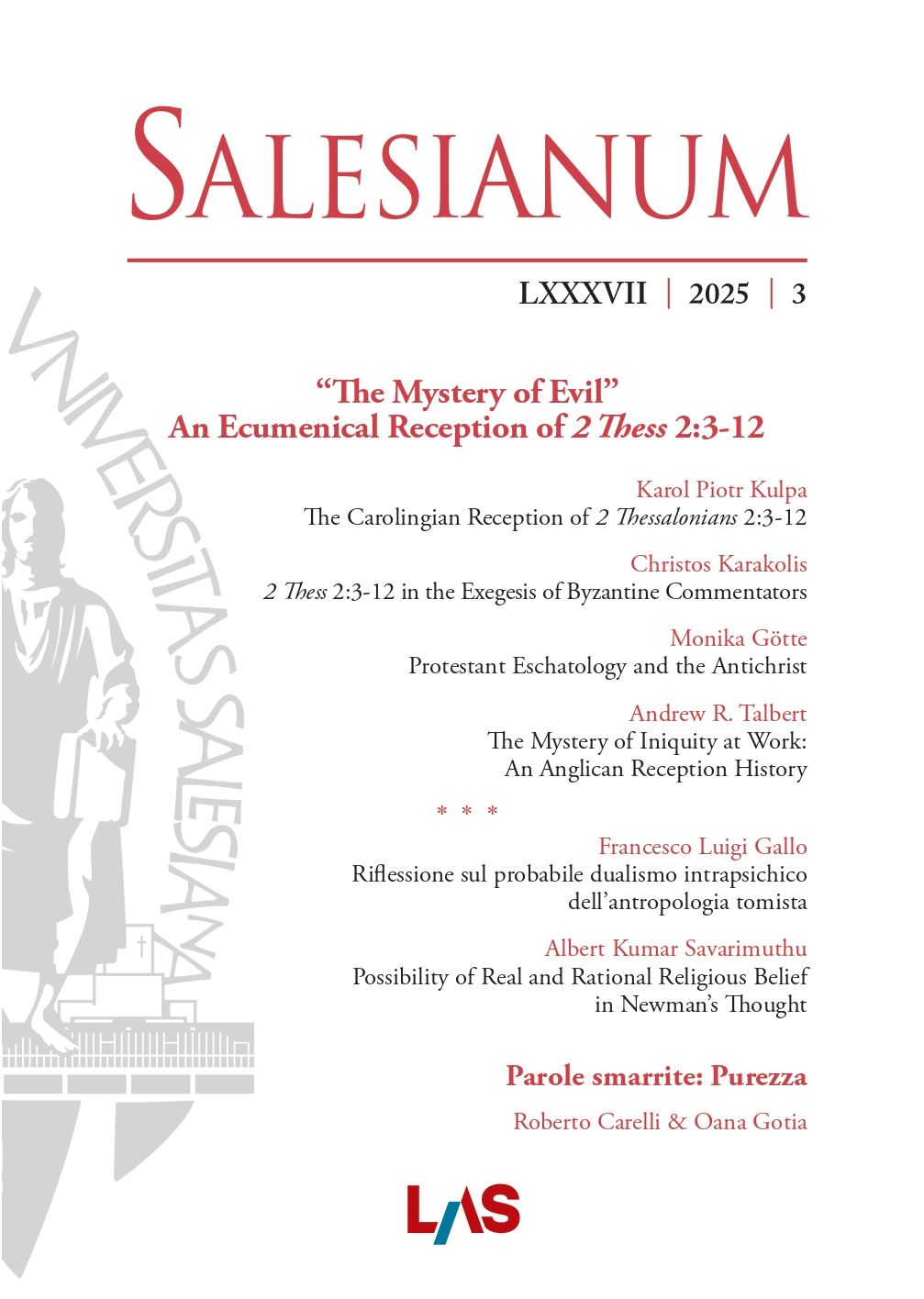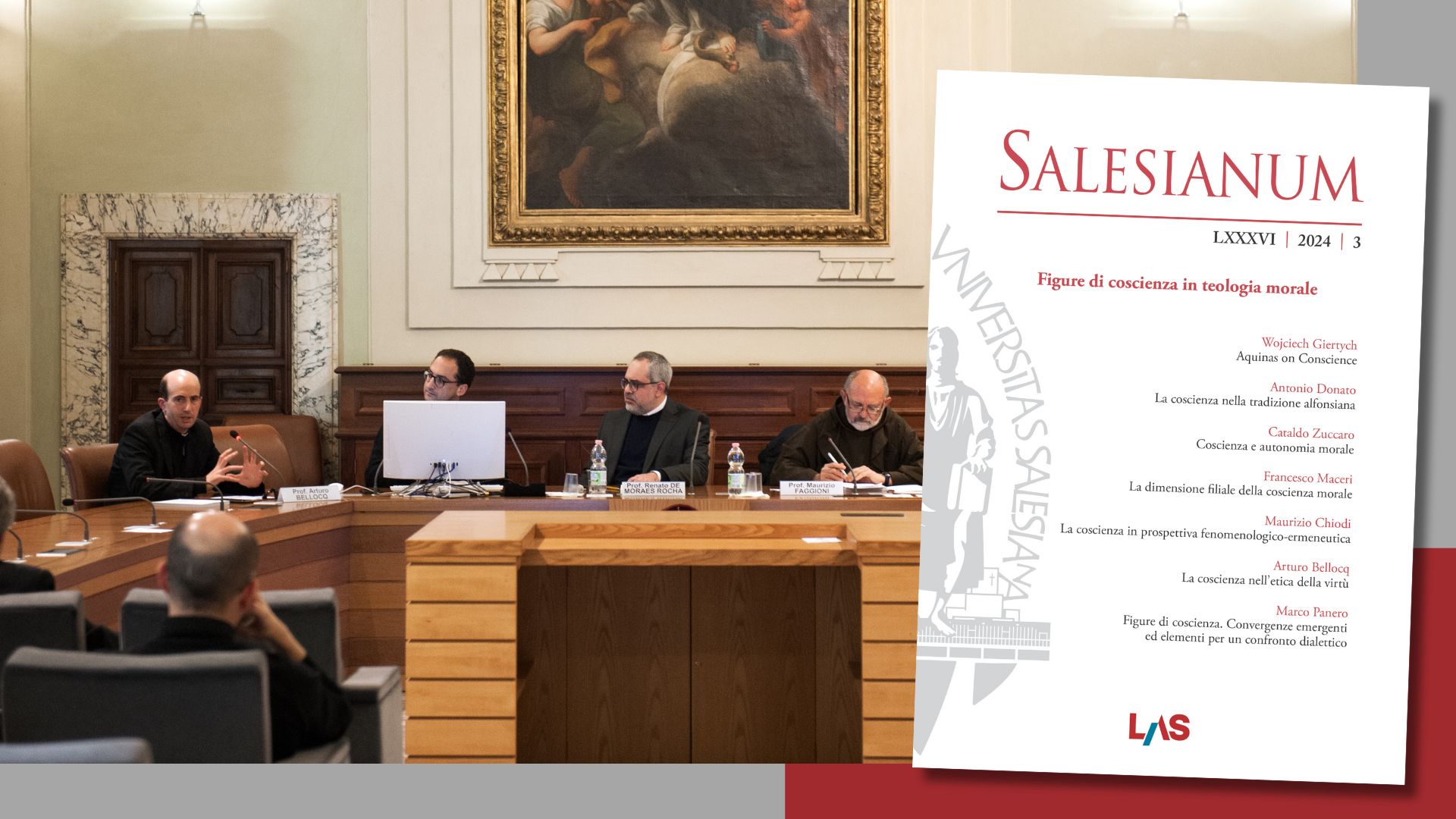«Il cotanto utile istituto detto Oratorio di San Francesco di Sales». Motivi dell'interesse suscitato dall'opera di don Bosco nel decennio preunitario
Salesianum vol. 73 (2011) n. 3, 443-469
Sezione: Studia
Sommario
Nella Torino di metà Ottocento la difficile situazione economica aggravò il disagio sociale incrementando immigrazione e pauperismo. I giovani dei ceti poveri mostravano segni di irrequietezza e preoccupavano opinione pubblica e autorità. Sia l’antico sistema di beneficenza, legato alle congregazioni di carità parrocchiali, che il controllo poliziesco messo in atto dal Vicariato di città risultavano inadeguati. La risposta operativa di don Bosco e l’efficacia della sua formula educativa, unite alla scelta di evitare lo scontro politico e alla costante opera di informazione, gli attirarono consensi e sostegno. Mentre la stampa enfatizzava i benefici sociali dell’Oratorio, don Bosco otteneva la fiducia dell’arcivescovo Fransoni e il sostegno di Urbano Rattazzi grazie alla sua capacità di offrire soluzioni concrete muovendosi con intelligente prudenza in una situazione politica incandescente. Così, nonostante lo scontro tra ceto dirigenziale e mondo cattolico l’opera del prete di Valdocco si consolidò offrendo un modello socio-religioso più adatto ai nuovi scenari in cui andava formandosi lo Stato unitario.
Abstract
In the period of the mid-eighteenth century the difficult economical situation of Turin, by increasing immigration and poverty, exasperated social unrest. The young people of the poorer classes were clearly in a state of agitation and the authorities and public opinion were seriously concerned. The former method of distributing charity, linked to the congregations of the parishes and the strict supervision of the diocese were seen to be inadequate. Don Bosco’s reply to this situation, his effective programme of education, together with his decision to avoid any political controversy and the unbroken flow of information which he provided, gained him wide consensus and support. While the press underlined the social benefits to be reaped from the Oratorio, Don Bosco, on account of his ability to provide concrete solutions and to act with intelligent caution in an incandescent political situation, obtained the trust of the Archbishop and the support of Urbano Rattazzi. In this way, despite the clash between the authorities and the areas of the catholic faithful, the achievements of the priest from Valdocco became a reality which provided a more suitable socio-religious model for the new social conditions in which the unity of Italy as a country was gradually taking shape.


